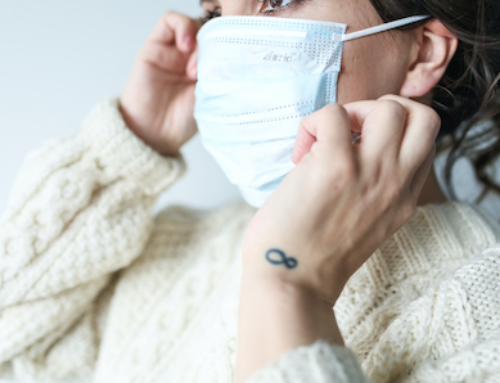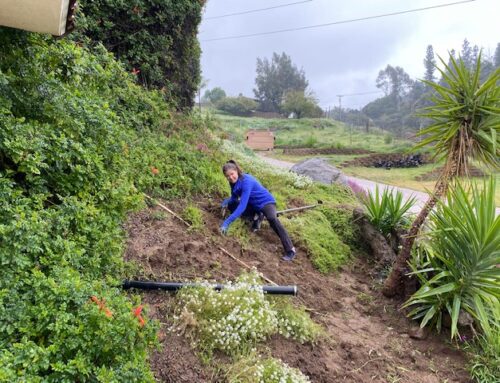I’m so excited about this month of social media. I’ve decided that for me, it’s going to be a month of play. It’s November, Halloween just got us in the mood and there are more holidays lined up for the next 2 months that at any other time of year. Let’s get in the mood for play, and not feel bad about it. Because Play is good for you, your loved ones will love it, and it will be therapeutic for you.
- You need Play
Do you play? If you were given a couple hours to have fun, what is it you would do? Imagine yourself doing that now. Really put yourself there. How does it feel? What do you notice about your body? We need rest, we need to smile, we need to stop worrying, and play does all of this for us. Getting us into that place of relaxation allows us to work more productively, think more clearly and be more intentional about our relationships.
- Play with your kids
Some people find it easy to play with their kids, others really want to but don’t know how to do this. I want to encourage you not to make it harder than it needs to be. You don’t need to play like other parents play. Figure out what you enjoy doing, and find a way to play at that with your child. If it’s sport, then play sport. If it’s baking, then let them put the sprinkles on the cupcakes or learn how to break eggs. If you can’t think of what to do, play hide and seek or rough and tumble on the ground. These two classic games are always favourites. Know that even when you put a couple minutes a day into some sort of playful time with your kids, you are building your relationship with them. There are 3 things that are most important to kids – fun, games and play. When you join them in this, you are speaking their language, their hearts will open and you will grow closer.
- Play is therapeutic
Play is good for us on many different levels. Actually it’s essential for healthy development. Play benefits the brain. Frost first spoke about this in 1998, saying, “during the first years of life, it is playful activity, not direct instruction, seclusion, deprivation, or abuse that makes a positive difference in brain development and subsequent human functioning”. He goes on to quote Nash (1997) who reported from research at Baylor College of Medicine that “…children who don’t play much or are rarely touched develop brains 20% to 30% smaller than normal for their age”.
Play helps us to develop social skills. I smiled a couple days ago as I listened to my 5 yr old daughter play in her room with 2 neighbors. She was being her bossy self, and her friends called her out for being bossy. I considered going in to enforce the lesson, but after listening outside the door for awhile, I realized that they were doing a great job of working it out together as kids. It allowed her to see herself through the eyes of peers, and it gave them an opportunity to be assertive. In Japanese preschools, the custom is to allow children to work out their own difficulties and not to step in unless necessary. This gives children a change to engage in conflict, and also learn how to negotiate and learn cooperation.
Have fun today. Find something to laugh about, someone to smile with, and something to live for.
Happy playing
References:
Frost, Joe L.
TITLE Neuroscience, Play, and Child Development.
PUB DATE 1998-06-00








